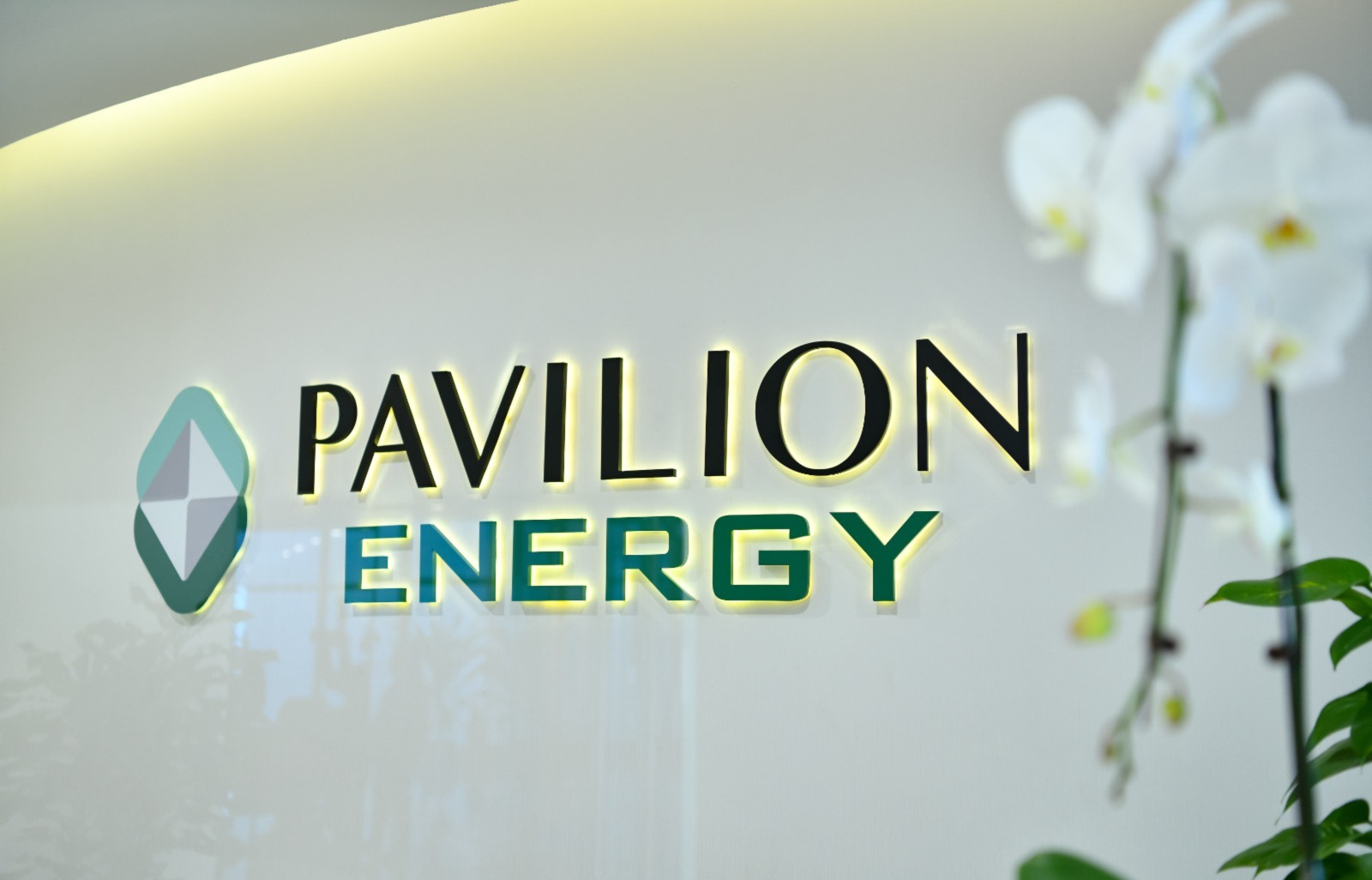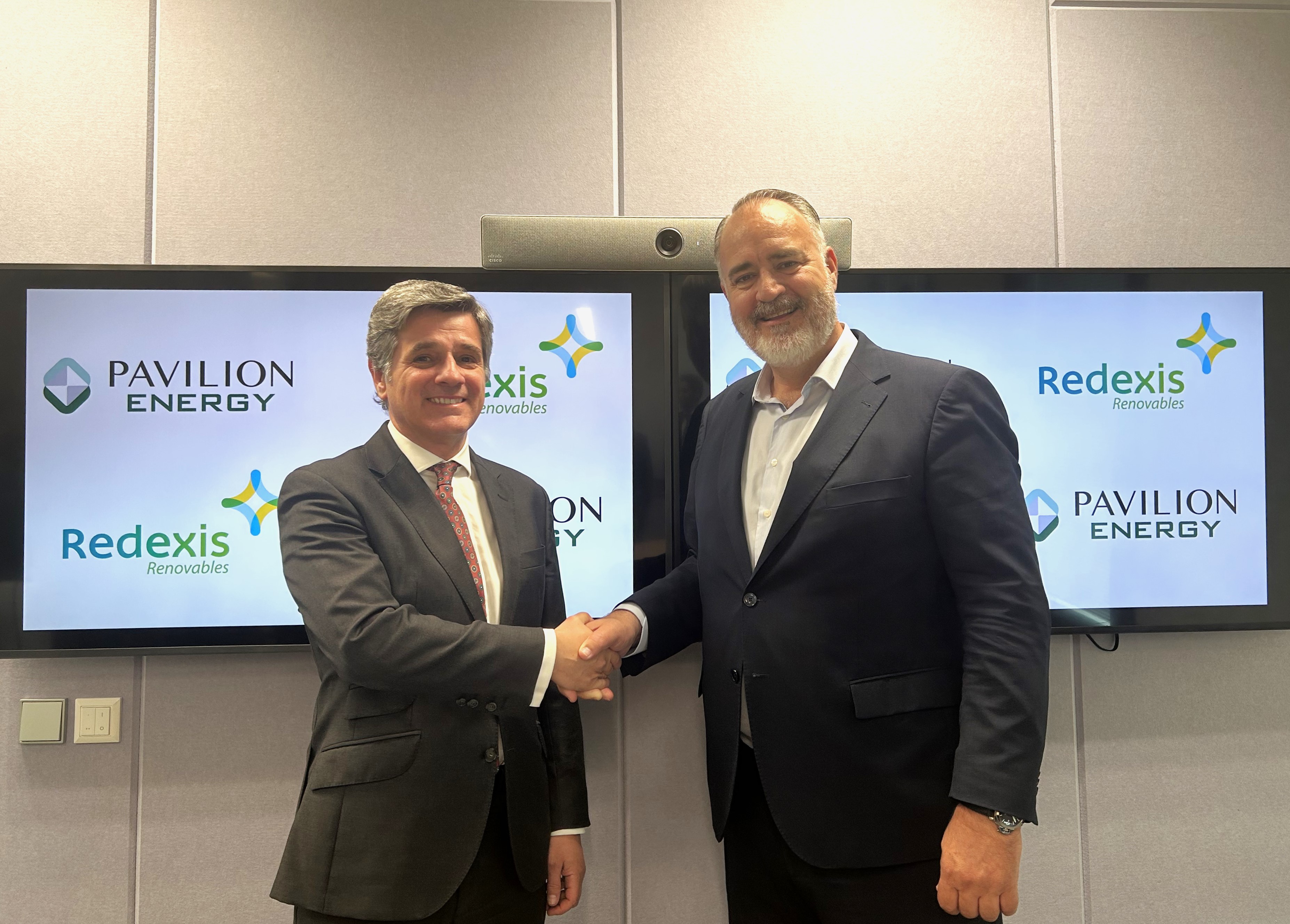Temasek-owned Pavilion Energy, which supplies one-third of Singapore's downstream natural gas demand, is making strides towards its ambition of becoming a global player in the liquefied natural gas (LNG) industry.
Its acquisition of Spanish utility giant Iberdrola's portfolio of LNG assets, which was announced in June, will be completed by Jan 1 next year. Pavilion Energy is setting up its European headquarters in Madrid to expand its operations.
The company's total revenue for the financial year ending March next year is estimated to be US$3 billion (S$4.1 billion), with half of its revenue from Singapore and the rest from Europe, said Pavilion Energy group chief executive Frederic Barnaud in an interview last week.
"In Singapore, we are exporting and managing gas, gas customers, gas flows, and that's what we take with us to Europe. And we also learn from the way Europe trades and, therefore, build global energy business that is also anchored in critical markets," he added.
The firm will be hiring around 40 to 50 people in its headquarters in the Spanish capital over the next year, filling roles in risk management, energy trading and shipping, among others. It is discussing the possible absorption of the existing Iberdrola staff, Mr Barnaud said.
One of the reasons for basing itself in Madrid is that the Iberdrola portfolio is legally held by Spanish entities, but the company also sees Madrid as a good hub in Spain, an established LNG and gas market.
While Pavilion Energy is not setting up an office in London now, as it can operate its import capacity into the United Kingdom from its Madrid office, it does not rule out setting up a "lean subsidiary" in the capital city in future, he added.
ROLE IN SINGAPORE AND THE REGION
Operations in Singapore and the region remain a priority for Pavilion Energy, which was set up by Temasek in 2013. It targets a modest increase of 10 employees to its headcount in Singapore by the first quarter of next year. It currently has 100 employees here.
To date, Pavilion Energy has imported about six cargoes, or 0.4 million tonnes, of LNG into Singapore, with its first cargo imported in May last year.
The company, along with oil company Shell, was awarded a licence in 2016 to market LNG in Singapore for three years, or up to one million tonnes a year, whichever comes first. Natural gas accounts for about 95 per cent of Singapore's energy supply.
The Singapore market may be small - accounting for about 1 per cent of the global LNG market - but it is an important one for the company, Mr Barnaud said, noting that the country has a location advantage for trading.
The LNG terminal here provides Pavilion Energy with storage capabilities that give the firm flexibility in moving its cargoes.
Pavilion Energy is also looking to develop nearby markets such as Vietnam by leveraging Singapore's location and flexibility to re-export LNG to its neighbours. It believes it has "competitive advantage in focusing on the mid-sized markets", and is in discussions with operators in the region, said Mr Barnaud.
Meanwhile, the company is in talks with Singapore LNG Corporation - which operates the LNG terminal here - and regulator Energy Market Authority on long-term import and regasification rights in Singapore beyond its contract, which expires in March next year.
It is looking to extend that capacity for the long term, said Mr Barnaud, and has expressed interest in additional capacity should the terminal add a fifth or sixth tank.
It is also looking into renewing its existing agreement with operators in Indonesia to import piped natural gas into Singapore, he added. The contract expires in 2023, but the issue lies upstream, which means the negotiations will take time, he noted.
In addition, the firm is proactively developing Singapore as a marketplace for LNG bunkering activities, as it sees potential for it to become a sizeable global market.
LOOKING FORWARD
Pavilion Energy has no further acquisitions planned for the immediate future, as the company anticipates that the Iberdrola acquisition "will keep (it) busy for some time", Mr Barnaud said.
"Our profile (after the acquisition) having changed, we see that others are looking at us differently already... and that will lead to opportunities."
But the firm is shying away from upstream investments for now, despite having expressed interest in several projects such as Russian independent gas producer Novatek's Arctic LNG 2.
"We think that upstream is a slightly different animal, where we don't have all the capabilities," he said, adding that it is not a priority as the firm is comfortable contracting LNG from operators taking on the upstream production risk.
While Pavilion Energy expects to trade about 2.5 million tonnes of physical LNG, or 35 cargoes, for this financial year, Mr Barnaud said the company views itself as a combination of a trader, gas marketer and market developer, and is not focused on trade volume.
"Our specific competence is on operations, on shipping, on hedging, on access to markets, and that's what we are building."
Its track record of importing and marketing gas in Singapore, as well as its LNG bunkering activities, has given Pavilion Energy a boost in its global expansion, he said.
"They don't see us as freshmen, but we come with a full suite of performance (in a) regulatory environment that is prevalent in Singapore and that is recognised in Europe, so that is very positive."






